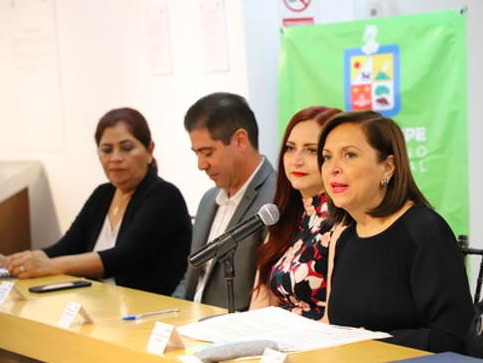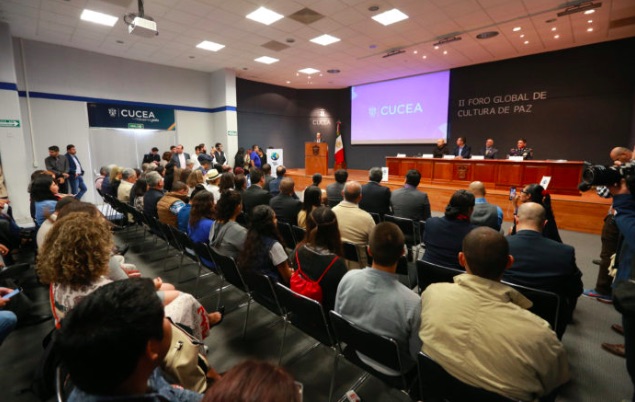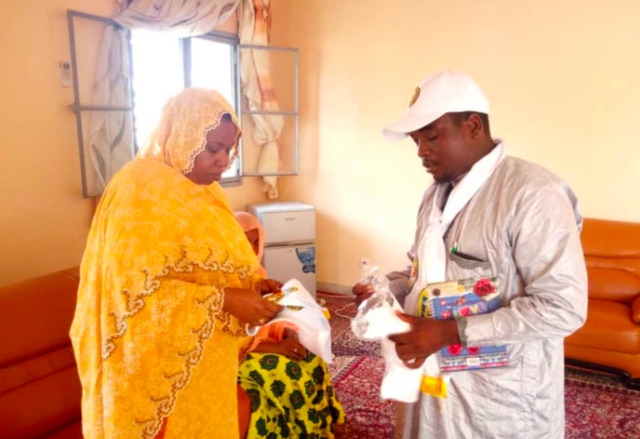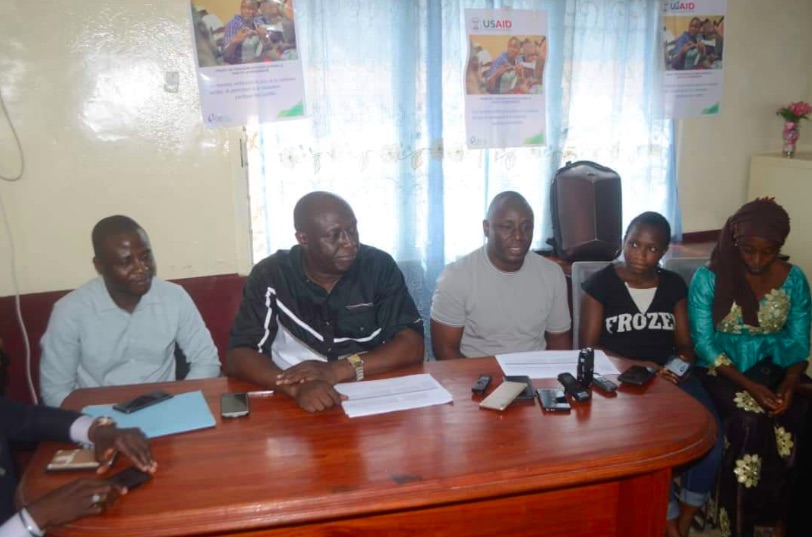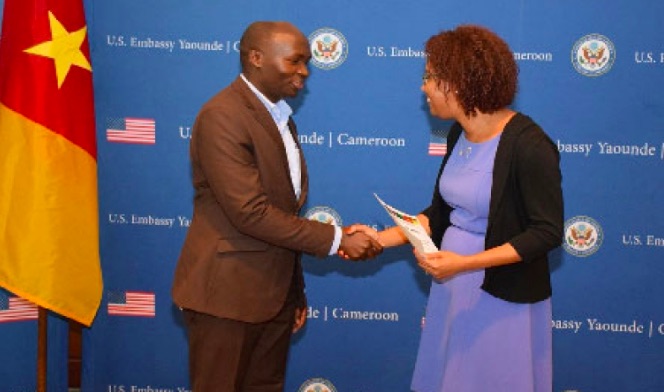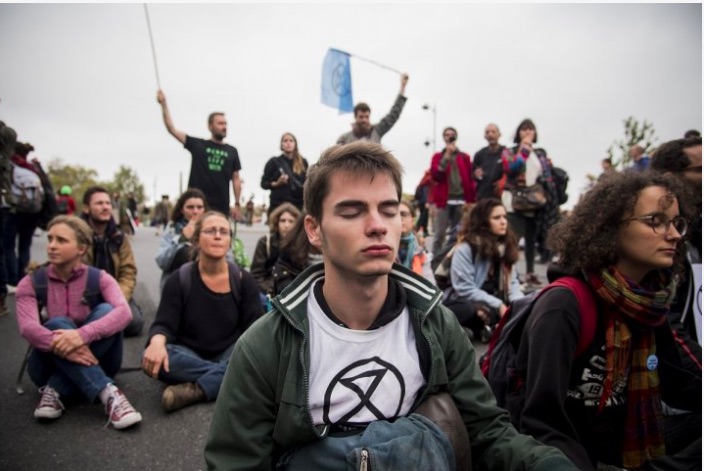. DEMOCRATIC PARTICIPATION .
An article from the Ashland Tidings
The Sept. 21, 2019, “Ashland Global Peace Conference” was, in this writer’s mind, one that embodied not only the value and legitimacy of the culture of Ashland, but indeed, the more expansive and even global urgency of the message that was expressed. As a Rotarian (who happens to reside in the northern part of the state), I was quite moved by the commonalities of Rotary International and the City of Ashland that became so evident as the conference progressed throughout the day.
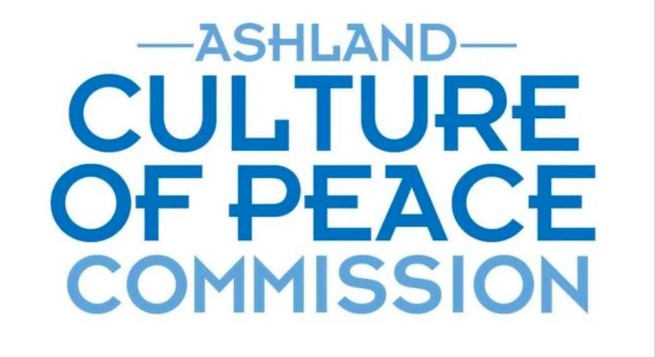
During the year (2011-2012) that I served as Rotary District Governor for the northern part of Oregon, our Rotary International President Kalyan Banerjee hailed from the state of Gujarat in India. I found it both very interesting as well as comforting that there was such a similar message that was given by the keynote speaker Ambassador Anwarul Chowdhury, Former Under-Secretary-General and High Representative of the United Nations and founder of the Global Movement of the Culture of Peace, who also happens to hail from India. That message was three-fold:
* First, to really be a disciple of peace, it is necessary to develop a culture of peace within one’s self. Then and only then can a person effectively build on this culture with his or her family, neighborhood, community, region and in the world
* Second, it is critical that this culture be introduced and nurtured in our youth, as it is so important to inculcate it into those who will ultimately be the generation to bring this culture to fruition
* Third, we need to work toward empowering women and bring them to the forefront of this movement if we truly hope to realize a true expansion of a culture of peace
The Ashland Global Peace Conference not only had this message throughout the day, but the participants they chose to engage the attendees were indeed a microcosm of this message.
(Continued in right column)
Questions for this article:
How can culture of peace be developed at the municipal level?
(Continued from left column)
Ambassador Chowdhury eloquently spoke of how we need to first discover Peace within ourselves. This message was further emphasized in a presentation by Dr. David Yang, a Vice President at the U.S. Institute of Peace in Washington D.C.
Finally, Ashland High School freshman Finley Taylor, completed the circle when talking about his role the previous year in middle school when he and his classmates were chosen to be “Flame Keepers for the Peace Flame,” which resides in Ashland on the campus of Southern Oregon University.
Taylor stated that perhaps the biggest impression made on him during this year was at an encounter with Ashland Culture of Peace Commission members David Wick and Irene Kai who told him that “peace starts with me.”
The entire conference and its overriding message flowed naturally and seemingly effortlessly and, as a Rotarian, the clarity of this overriding message followed closely and intimately with Rotary International’s message of “Service Above Self.” It also mirrors its new strategic plan which states: “Together we see a world where people unite and take action to create lasting change across the globe, in our communities and in ourselves.”
Normally, daylong conferences tend to somewhat drag out as the day progresses and the afternoon wanes. The Ashland Global Peace Conference, however, strongly defied this tradition.
The afternoon sessions strengthened and built upon what was introduced in the morning by bringing in leaders from religious communities, the Oregon Shakespearean Festival, the media, law enforcement, educators, medical personnel and community support members who shared their visions of peace and gave examples of how their own lives have been enriched by their participation in their organizations as well as by members of their local communities and beyond.
In short, the conference was inspirational, educational, and provided many practical examples of how building a Culture of Peace continues to transform the community of Ashland and its environs into a more livable, cooperative, thriving and peaceful community.
Hopefully, several other communities in Oregon, around the country and around the world will learn from those dedicated leaders in the Southern Oregon communities who continue to point out the great benefits to be derived from developing a Culture of Peace.
Mike Caruso is a member of The Rotary Club of Newberg, Oregon, and served as Rotary District Governor for District 5100 during the 2011-12 Rotary year and is the founder of Rotary Peacebuilder Clubs. He and his wife Amy live in Dundee, Oregon.
